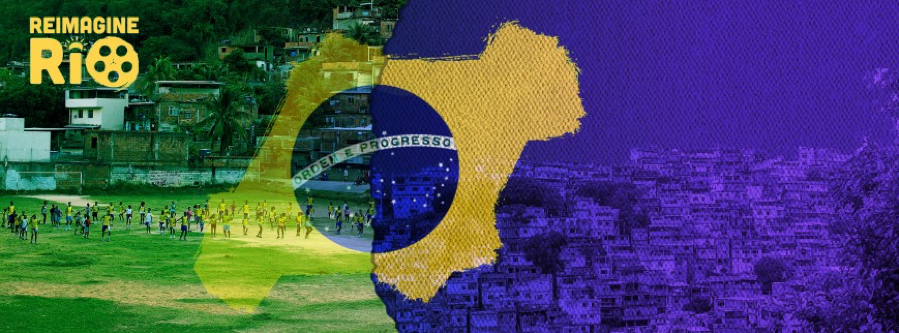Poor neighborhoods in the developing world typically suffer from high levels of violence and low levels of school attendance and secondary school graduation. What if violence could be greatly reduced and education greatly enhanced with very small investments and targeted interventions? Our research in Brazil shows incredible promise. We developed a methodology to select local leaders having track records involving the use of innovation to transform youth in their neighborhoods. For example, one local leader in a tiny rough neighborhood in Rio de Janeiro uses samba dancing to train eventual Olympians in badminton (www.badbirdiemanfilm.com).
We provided small amounts of expansion money to a number of local social entrepreneurs. The local leaders and youth participants were showcased in the community through documentary films, children’s books, a film festival, and programs in 500 schools. This expanded the percentage of youth training in badminton every day, tremendously reducing violence and elevating school attendance.

The research project had involved 17 cases in the demonstration project, and a forthcoming book compellingly argues that the following elements produce much lower levels of violence, lower participation in gangs, and greater school attendance.
• Local “superhero” leaders
• Neighborhood as the unit of social change
• High-level performance as activity
• High-quality media products (film, books) with exciting features for young kids to entice the families and children to participate in the local programs.
This DILAC project will be used for student support of a vertically integrated project (Global Social Entrepreneurship) to incorporate animation, augmented reality, and other digital enhancements into the children’s books and films. There are 5 ongoing projects in Brazil and the students will develop the next project in Colombia.
